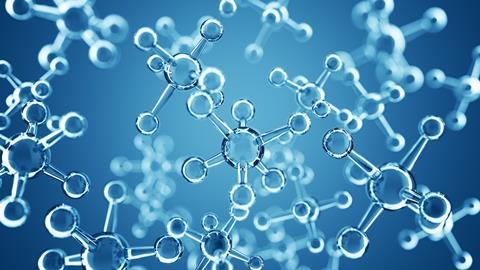IISc & Anthem Biosciences suggest small chemical change to boost bioavailability of drug molecules
October 11, 2023 | Wednesday | News
Substituting just a single atom, oxygen with sulphur, in the backbone of a macrocyclic peptide
image credit- shutterstock
The effectiveness of any drug molecule depends on how well it interacts with the internal environment inside our body. Its pharmacokinetic (PK) properties determine how successfully it escapes degrading enzymes as it travels through the digestive system or the bloodstream, crosses biological barriers like the cell membrane, and reaches the desired target.
In a study published in Nature Communications, researchers at the Molecular Biophysics Unit (MBU), Indian Institute of Science (IISc), Bengaluru describe a novel method for improving the pharmacokinetic properties of “macrocyclic peptides” – drug molecules that are pursued heavily by pharmaceutical industries worldwide.
The IISc team, in collaboration with Anthem Biosciences, has demonstrated that substituting just a single atom – oxygen with sulphur – in the backbone of a macrocyclic peptide can make it more resistant to digestive enzymes, and can increase its permeability through cell membranes, boosting its bioavailability.
A vast majority of today’s medicines are made up of small molecules taken orally in the form of pills. Larger molecules like monoclonal antibodies are much more specific and effective, but they must be injected. Scientists have, therefore, turned to macrocyclic peptides – chains of amino acid residues attached to each other via amide bonds, which are engineered to form circular structures. These compounds combine the best of both small and large pharmaceutical molecules.
The researchers plan to use this technology to make peptides with better pharmacological properties.









